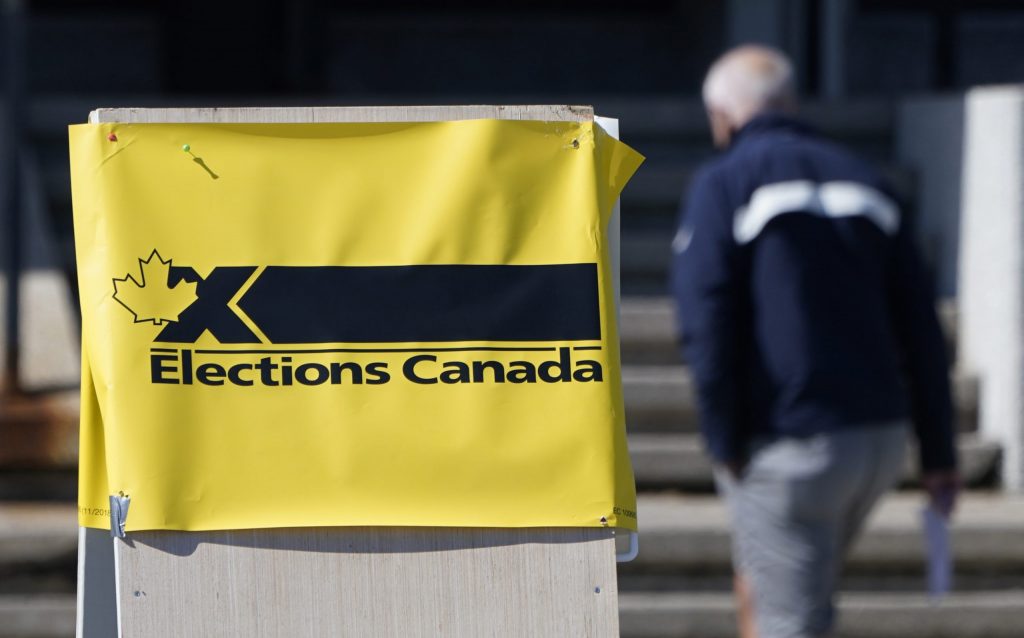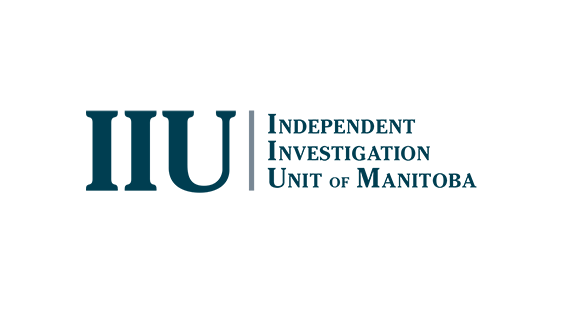Canadian election changes recommended by chief electoral officer

Posted June 7, 2022 12:58 pm.
Canada’s chief electoral officer is making dozens of recommendations in a bid to better protect the voting process.
The aim is also to make voting more transparent, as well as make it easier to cast a ballot.
A new report from Elections Canada tabled in the House of Commons Tuesday makes roughly 60 recommendations, including making it illegal to make a false claim about the voting process.
“This is about drawing a line in the sand on the matter of principle. It is not ok to deliberately undermine our electoral process by spreading information that a person knows to be false, and to do that for the purpose of undermining the process,” explained Chief Electoral Officer Stéphane Perrault.
The report is also calling for a tightening of privacy rules around voter information, allowing people to opt out of certain communications from political parties, and recommends stopping hate groups from registering as parties and collecting donations.
Related articles:
-
CSIS warns of increasingly sophisticated state-sponsored activity targeting elections
-
Extend mandate of election-interference warning panel, evaluation recommends
Doing so, the report notes, would also bar such groups from “access to lists of electors and public financing,” and “give electors the authority to apply to a court for a determination as to whether the organization has such a primary purpose” of promotion of hatred.
“There is currently no mechanism in place right now to address this issue. So if there is a hate group that wishes to register as a party right now it could do so, and in so doing would gain access to a number of benefits,” said Perrault.
When it comes to special and mail-in ballots, the report suggests making the process easier and longer.
“To reduce barriers to voting by special ballot,” the report suggests the Elections Act be amended to “allow electors to make their application for registration and special ballot 45 days before polling day (or at the issue of the writs if the election period is more than 45 days) in the context of a fixed date election.”
It also recommends the Act “set a minimum election period of 44 days for a non-fixed date election,” and “authorize the counting of special ballots marked with a political party name rather than a candidate name,” among other things.
Meanwhile, on the subject of donations, the report recommends allowing political parties to “collect and use cryptocurrencies,” all while “ensuring continued transparency.”
The report was prepared as a response to the 2019 and 2021 federal votes. It will be up to the federal government to decide which changes it wants to try and pass through parliament.








